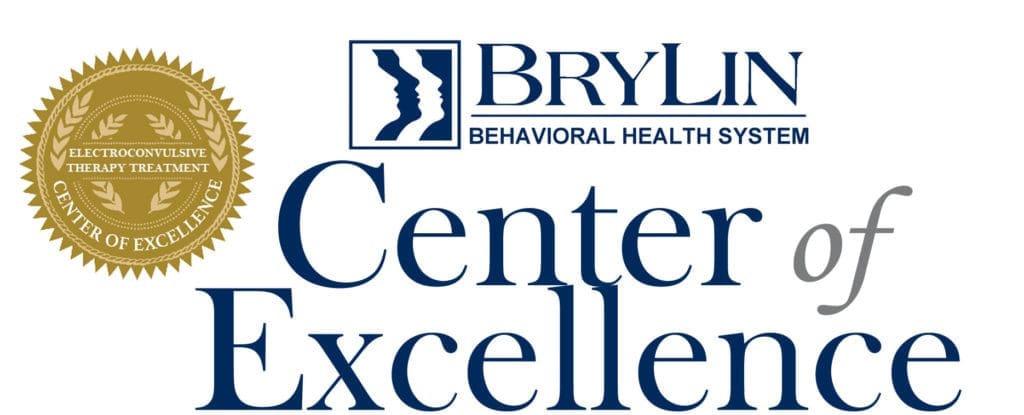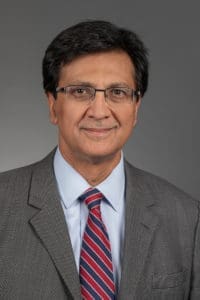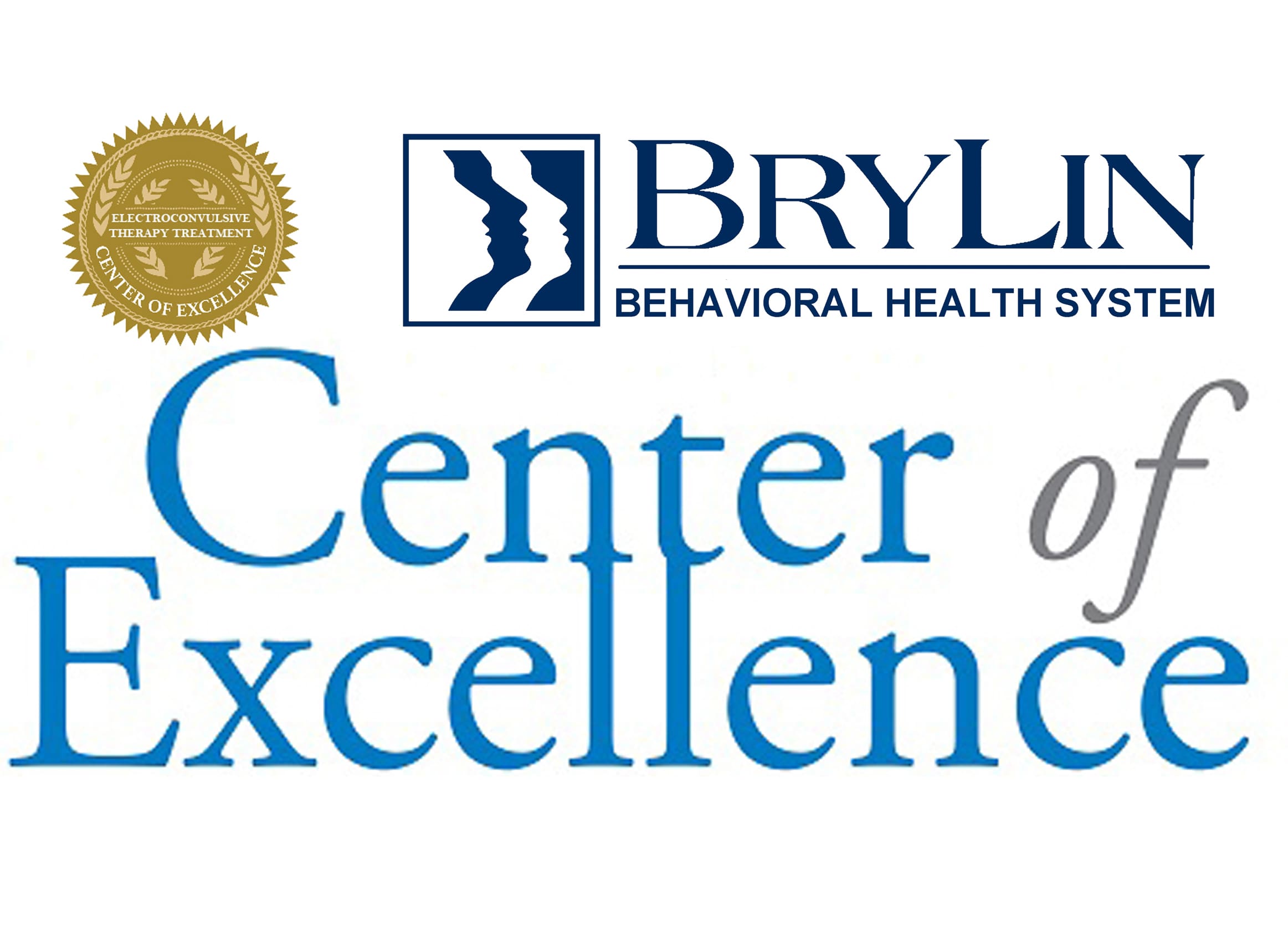
BryLin’s ECT Program – A Lifesaving Therapy for Depression
PRESS RELEASE Buffalo, NY
October 26, 2021
BUFFALO, N.Y. – BryLin Hospital’s Electroconvulsive Therapy (ECT) Program is recognized as a Behavioral Health Center of Excellence by meeting a set of national practice guidelines. The National Council for Mental Wellbeing and Dale Jarvis and Associates helped to develop a Behavioral Health Center of Excellence framework for mental health and addiction service providers nationally to identify practice guidelines for which BryLin’s ECT Program, the only Ambulatory ECT Center in Western New York, has exceeded.
The concept of a Behavioral Health Center of Excellence (COE) is: “A Behavioral Health Center of Excellence will be known by the entire community as a great place to get care and a great place to work. It is an organization or program within an organization that is an integral part of the health neighborhood — providing rapid access to specialty behavioral health services that include high value, comprehensive, whole person care supporting resiliency, recovery, and results in excellent outcomes, and high client satisfaction.”
“This Center of Excellence designation recognizes BryLin’s ECT program as demonstrating a level of excellence within a set of expected standards set nationally. We’re very proud of this accomplishment”, said Eric Pleskow, President/CEO for BryLin. BryLin’s COE in Electroconvulsive Therapy Program is designed to foster integrated, evidence-based approaches to prevention, early detection, and treatment of a multitude of mental health diagnoses.
Dr. Horacio Capote, a psychiatrist and division of neuropsychiatry director for DENT Neurologic Institute, says, “ECT is one of the most effective treatments in medicine and it is woefully underutilized.” Unfortunately, this underutilization is often due to its misrepresentation by Hollywood in addition to the stigma surrounding mental illness in general. “ECT should be considered much earlier in the course of treatment. That would prevent countless years of unnecessary suffering.”
Because the stigma surrounding ECT continues to act as a major barrier to patients getting help, a group of researchers from the University of Toronto published a recent study in The Lancet Psychiatry. They reviewed ten years’ worth of data and examined the psychiatric records of more than 10,000 patients to conclude that ECT is shown to be both safe and effective for individuals with treatment-resistant depression.
Electroconvulsive Therapy has been around for decades. In fact, in 1978, the American Psychiatric Association ruled that ECT was both a safe and effective form of treatment for cases of severe depression and other mental illnesses, such as bipolar disorder and schizophrenia. Each year, approximately 100,000 patients receive ECT in the U.S., has a proven success rate of over 80%, and produces a rapid remission of symptoms within one to three weeks.

Sanjay Gupta, MD – Chief Medical Officer (CMO)
“What many people don’t realize is, ECT is an actual medical procedure performed by a qualified psychiatrist, anesthesiologist and ECT nursing team”, says psychiatrist Dr. Sanjay Gupta, chief medical officer for BryLin Behavioral Health System and medical director for BryLin’s ECT Program.
“The number of treatments someone would need depends on the severity of symptoms and how rapidly they improve. Many people begin to notice an improvement in their symptoms after two or three treatments but full improvement may take longer”, says Dr. Gupta. In comparison, response to most antidepressant medications may take several weeks or longer. “ECT is the most effective and rapidly acting, FDA approved, treatment for severe depression”.
The University of Toronto study also indicated that ECT decreased the risk of suicide in patients compared to those who did not receive treatment. Some patients, who struggle with thoughts of self-harm, may be unable to find an effective treatment. Some may try a range of medications or various behavioral health programs with little or no success. In such cases, “ECT can be a lifesaving treatment because it is rapidly effective, even when other treatments fail”, says Dr. Gupta.
For the care recipient, maybe just as important as its effectiveness, is the cost. Because of its proven track history of success, ECT is covered by most health insurance plans, Medicaid, and Medicare.
There is help available. There is hope.



Comments are closed